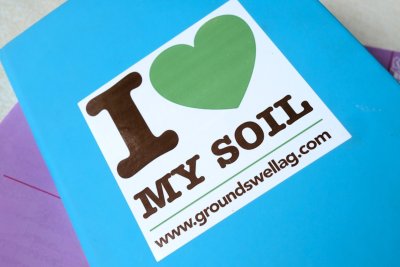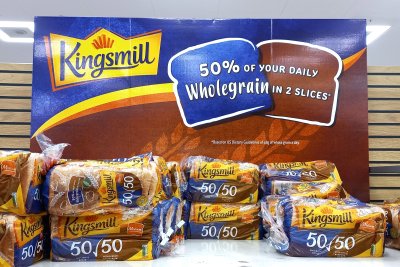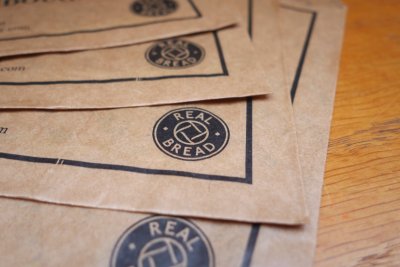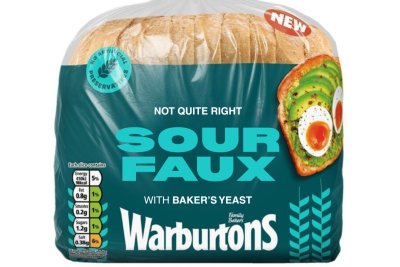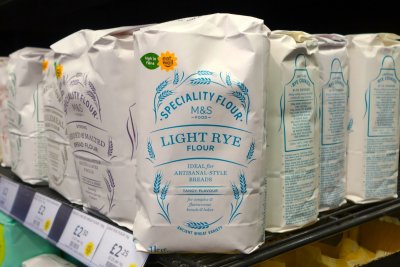 Nature friendly?. Credit: Canva
Nature friendly?. Credit: Canva

Real Bread Campaign welcomes ‘regen’ guidance
Advertising watchdog issues notes on use of regenerative farming claims.
On 7 November 2024, the Advertising Standards Authority (ASA) published an article that including guidance on use of regenerative farming/agriculture (sometimes shortened to regen) claims in advertising. Examples could include claiming, or implying, benefits of flour, bread and industrial dough products made from grain grown by regenerative farming methods.
The ASA article states: ‘to avoid misleading consumers, advertisers must take care to avoid overclaiming when communicating their regenerative farming initiatives.’ Key points of the guidance is outlined under five headings:
- Ensure transparency by providing clarity around terminology and statistics
- Avoid cherry-picking or tokenism
- Avoid absolute claims
- Avoid misleading comparisons with other farming methods
- Avoid exaggerating environmental or animal welfare-related benefits
Real Bread Campaign coordinator Chris Young said: ‘Like freshly-baked, wholegrain, sourdough and artisan, regen is a marketing term in need of a legal definition, and governmental guidance on usage, to help people make better-informed food buying choices. We echo Sustain alliance member The Soil Association in welcoming the ASA’s notes as an interim step towards better protecting people from being misled.’
In a press release, the Soil Association (which was one of the organisations consulted by the ASA when creating the guidance) noted: ‘While “regen” is all the rage at the moment and the growing enthusiasm for its farming principles is to be applauded, it risks leaving the farm gate wide open for far-ranging interpretations of what nature-friendly farming practices are really being applied.’
Soil Association Director of Standards Innovation Sarah Compson said: 'it is really heartening that so many farmers are embracing regenerative farming principles. However, consumer awareness and understanding of what regenerative farming is and what practices it involves is relatively low thus far – so it is critical that brands don’t overclaim, and clearly explain and substantiate any claims they do make.'
She went on to say that certified organic is: ‘the gold standard of regenerative farming,’ which is ‘free from pesticides and fossil-fuel based fertilisers.’ Compson added: ‘organic farming has decades of evidence to back it up. So, we know that organic farms on average have 30% more biodiversity, the highest standards of animal welfare, and their soils store more carbon and have higher levels of microorganisms than conventional farmland.’
The ASA is responsible for advertising-industry-funded self-regulation of non-broadcast (including newspapers, posters, websites, social media, cinema, emails, leaflets, billboards) advertising; and – by arrangement with Ofcom - co-regulation of TV and radio advertising. Other forms of promotion (such as product packaging, and in-store marketing) fall into the remit of the trading standards service, rather than the ASA.
Real Bread Campaign: Finding and sharing ways to make bread better for us, our communities and planet.
Sustain
The Green House
244-254 Cambridge Heath Road
London E2 9DA
020 3559 6777
sustain@sustainweb.org
Sustain advocates food and agriculture policies and practices that enhance the health and welfare of people and animals, improve the working and living environment, promote equity and enrich society and culture.
© Sustain 2025
Registered charity (no. 1018643)
Data privacy & cookies
Icons by Icons8


